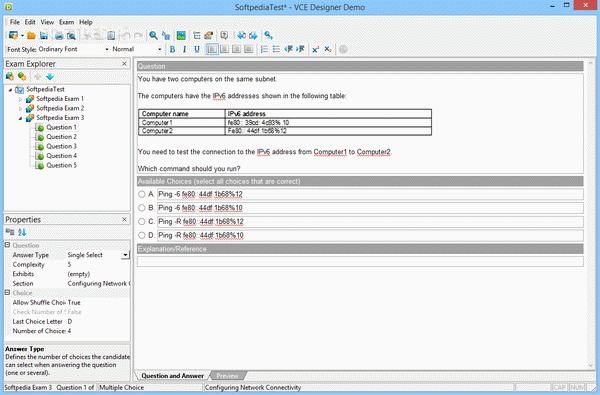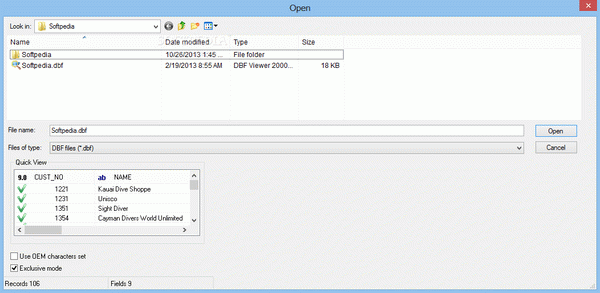Academics have identified exactly why video conferencing has you feeling exhausted
As employees all over the world began working from home last year, organizations turned to video conferencing software as a means to stay connected and hold meetings.
However, spending countless hours on Zoom, Microsoft Teams, Cisco Webex and other video conferencing platforms left many workers feeling exhausted and gave birth to the phrase 'Zoom fatigue'. Now though, researchers from Stanford university have discovered why video conferencing can be much more tiring than in-person meetings and regular office interactions.
To determine the leading causes of video conferencing fatigue, Stanford communication professor Jeremy Bailenson decided to examine the psychological consequences of spending hours each day connected to these platforms.
Bailenson's research led him to the conclusion that the current implementations of video conferencing technologies need to be altered with some simple interface changes to help decrease fatigue.
Reasons for exhaustion
In his research, Bailenson found that the amount of eye contact used in video chats as well as the size of faces on our laptop or monitor screens is unnatural. For instance, during a normal office meeting, employees look at the speaker, take notes and look elsewhere without any repercussions. In a video call though, everyone is looking at everyone all the time and this increases the amount of eye contact significantly.
The size of your monitor or laptop screen can be another source of stress due to the fact that faces on video conferencing calls can appear too large for comfort. To remedy this, Balienson recommends that users avoid using the full-screen option when in a call and use an external keyboard so they can put more distance between themselves and their screens.
Another aspect of video conferencing that can be exhausting is that participants are constantly seeing themselves on a call which can be fatiguing. To fix this, users should take advantage of the “hide self-view” button in Zoom or look for alternative options in the software they're using.
Being confined to the space captured in your webcam can also be tiring as video chats dramatically reduce our usual mobility. During in-person conversations, people can move about freely and express themselves using non-verbal gestures but this isn't always the case when video conferencing. To gain a bit more room in your video calls, Bailenson recommends using an external camera farther away from the screen or turning off your video periodically to provide oneself with a brief nonverbal rest.
Finally, video conferencing can be exhausting since cognitive load is much higher in video chats. This is because we have to work harder to send and receive signals as nonverbal communication just isn't the same while on video. One possible solution to this is to give yourself an “audio only” break in which you turn off you webcam entirely.
Now that businesses have fully embraced video conferencing, don't expect the software to disappear anytime soon but with these tips you might be able to make your long video calls a bit less exhausting.
Via Stanford


